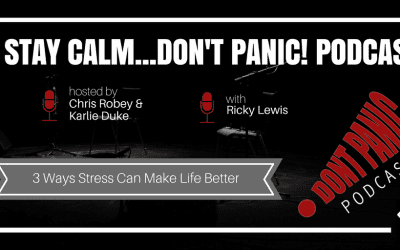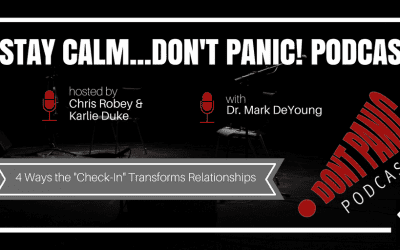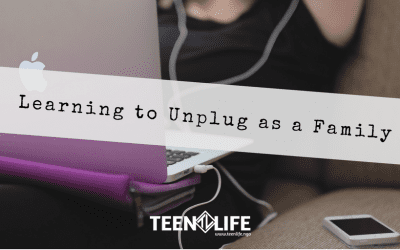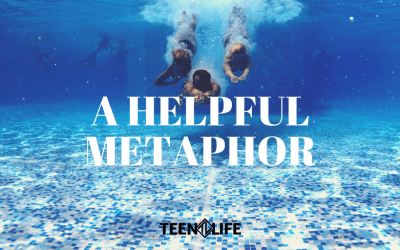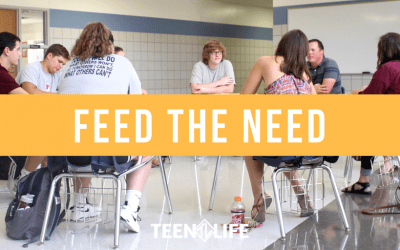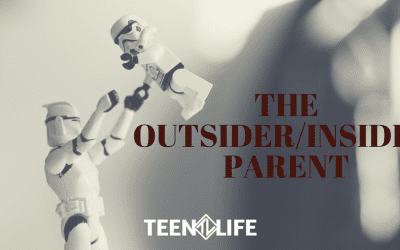No teen deserves to feel alone.
We connect every teenager with trusted adults and resources because no teen deserves to feel alone.
What makes a caring adult a trusted resource? When you complete our easy, online certification, you will leave with the skills and knowledge to connect with teens and help them walk through life’s challenges. You will be fully equipped to lead a Support Group!
OVER
Students helped since 2008
OVER
Trusted adults trained
Looking for resources for your school?
Want to lead support groups?
“One thing I learned from this group is that I always have someone to talk to.”
– Teen Life support group student

I can’t say enough about the benefit with partnering with Teen Life.
The past eight years, I have led or co-led at least one group every year, sometimes two. The curriculum is pertinent and helpful to get kids to talk and engage. Kids need a safe place to be encouraged and to gain skills in coping with school pressures and life stresses.
Heritage MS Counselor
Grapevine/Colleyville ISD
It has been a great blessing to walk beside these kids on their turf.
Equipping them with some tools to help break the generational cycles of self-esteem, relationship, and spiritual poverty, and to assist them in casting a vision on where they want to be and how they might get there.
Jacob
Decatur ISD, Support Groups Facilitator
You’ve got to check this out!
3 Ways Stress Can Make Life Better
In this episode of the Stay Calm, Don’t Panic! Podcast, Chris Robey and Ricky Lewis discuss the role of stress in the lives of teenagers and how stress can actually be beneficial. Unfortunately, stress is an unavoidable part of life, but Ricky gives great insight into how we can use stress to make life better. Don’t get caught up in stress, instead let’s be better equipped to see it as a positive part of life!
4 Ways the “Check-In” Transforms Relationships
In this first episode of Season 3 of the Stay Calm, Don’t Panic! Podcast, Chris sits down with Dr. Mark DeYoung to talk about the importance and power of the check-in. Talking to teenagers is about more than just getting information, it can build relationships and help them find their own identity. You don’t want to miss these tips on how to make the most of the check-in!
Learning to Unplug as a Family
This post was originally written by Sarah Brooks for her blog over at Life as of Late. Her blog is a great (and hilarious) commentary on parenting little ones, but she also has a unique and honest perspective on parenting teenagers in a digital world. We wanted to share this post here because we love the heart and suggestions behind this blog, BUT we also wanted to share this so you will head over to her blog and give her some love. If you are struggling with how to parent in the midst of Snapchat, Instagram and other social media site, she is your gal and her posts on social media will change your life! Thanks for sharing your wisdom with us, Sarah! //
Junior high is a rough time. It’s awkward, it’s pimply…you’re trying to figure out who you are and where you belong. You’re trying not to panic about your body parts that are growing and doing weird, new things. Junior high is a lot of social experimentation. Not necessarily experimenting with drugs and alcohol, more like experimenting with friendships. Learning what is kind vs. what hurts people’s feelings. Learning what traits draw others in vs. alienate the general population. Learning the difference between high-energy and just plain obnoxious. I wouldn’t wish my junior high self on my worst enemy.
A Helpful Metaphor
In the fog of family life, sometimes we need good language and descriptors to help us best understand the challenges of parenting. Sometimes being told what to do directly from another parent isn’t that helpful and might even cause some resentment. You know how it is – if you are really struggling to find clarity in the midst of juggling parenting, career, family life, finances, and community involvement, someone telling you the exact way to deal with all of that seems at the very least…detached. I love how stories, images, and metaphors seem to cut through to the heart of things and give us the perspective we need.
Feed the Need
Last Summer, I wrote a post called Helping When It Hurts about what we can do in the midst of hunger and pain. It was mainly inspired by a trip I took to Haiti where I held the hands and looked into the faces of children who were hungry and in need of help. I think it is easy to think of Haitians or other starving children around the world when we think of hunger. However, hunger does not just exist in third-world countries. Hunger is in your neighborhood, your kid’s school, on the end of your pew in church. Don’t believe me?
The Outsider/Insider Parent
This is one of those blog entries which could be filed under: “Chris, you don’t know what this is like.” While I have kids, they are all little, and we are dealing with very different issues than parents of teenagers. And when you are in the thick of battle, often times perspective isn’t an available tool to explain certain behaviors of your child. My wife works in pediatrics at a children’s hospital. She really gets kids. So when my kids meltdown or do something that is “kid appropriate” but doesn’t mesh with my adult sensibilities, she is calm while I lose my mind. Being around little kids all day long has taught her what to expect developmentally, socially, and behaviorally.
